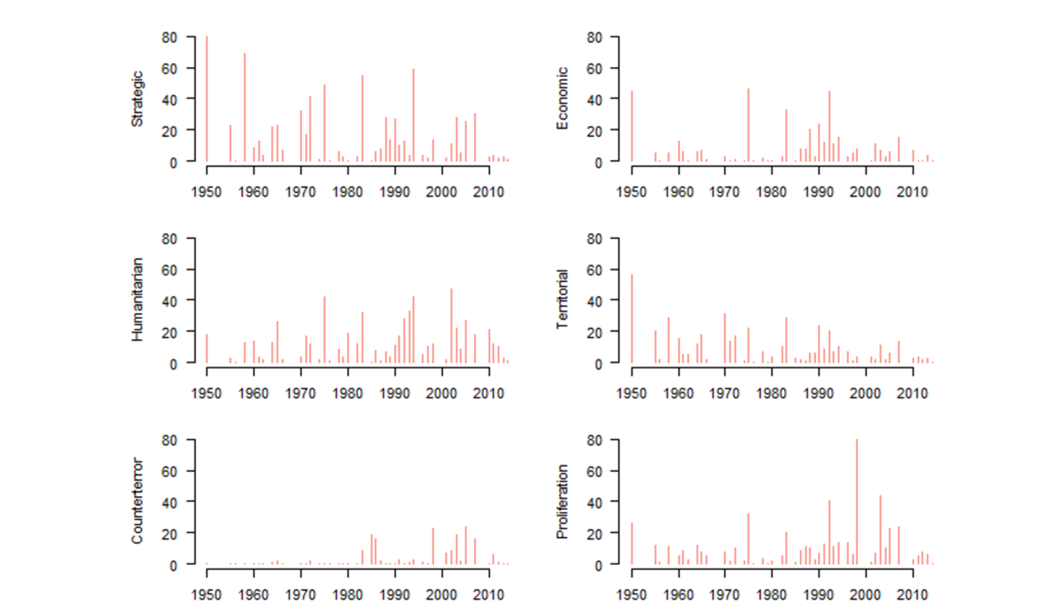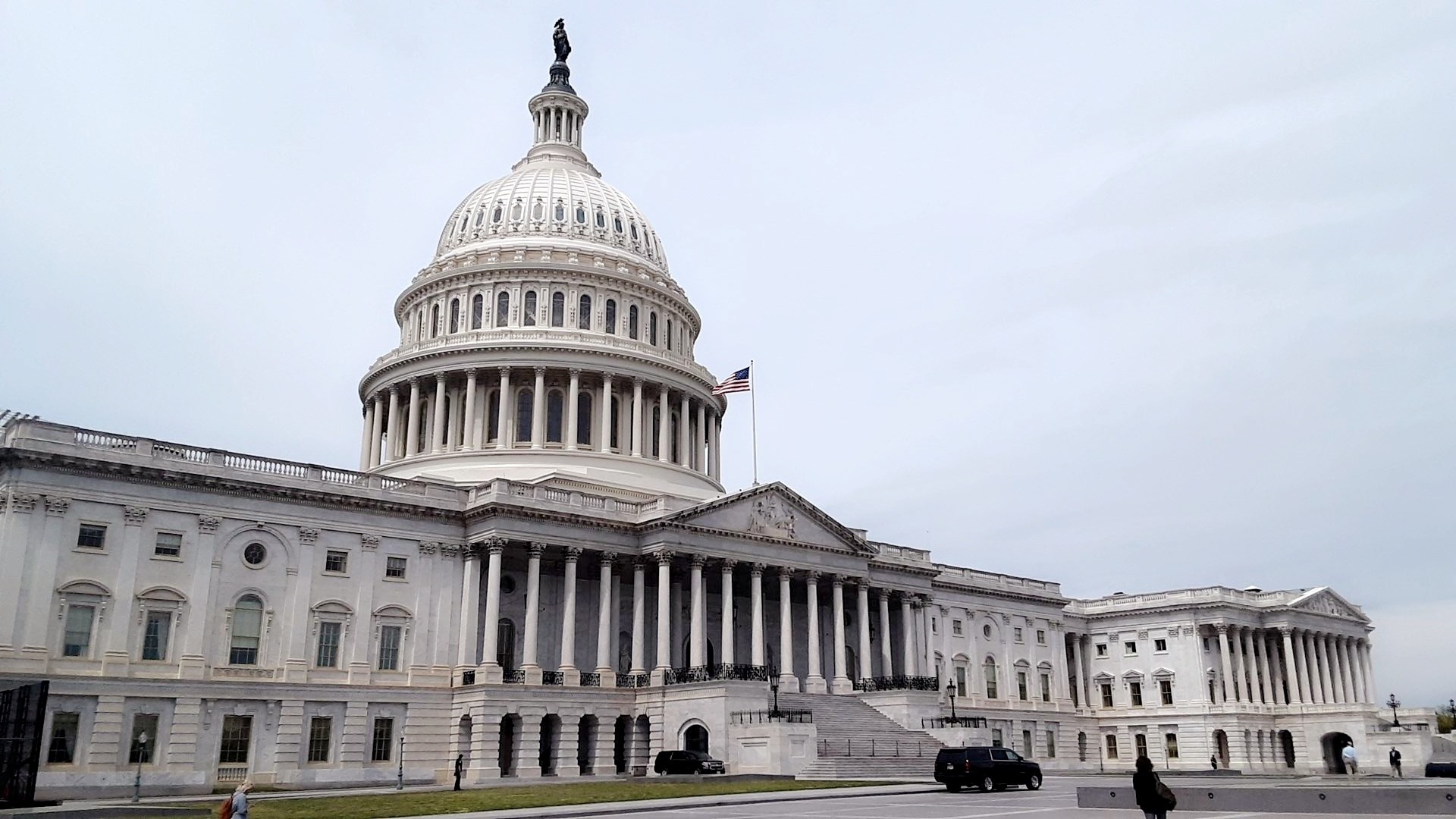The struggle against racism is, in part, a struggle against ignorance. For centuries, African American political thinkers have condemned specious interpretations of religious texts, pseudosciences like phrenology, and assertions of race-based cultural pathologies invoked to justify their domination and exploitation. Ignorance, James Baldwin observes, enables those who unjustly benefit from systems of white supremacy to avoid reckoning with uncomfortable, potentially destabilizing, truths: “[T]he reason for this ignorance is that a knowledge of the role [African Americans] played—and play—in American life would reveal more about American to Americans than Americans wish to know.”
In recent years, political philosophers and theorists have analyzed the connection between racism and ignorance through the concept of white ignorance. Coined by the philosopher Charles Mills in a 2007 essay of the same name, ‘white ignorance’ refers to types of not-knowing that are caused by and themselves reinforce white supremacy. Of course, while Mills coined the term, the connection between racism and ignorance has a long history in African American political thought that traces back before the American Civil War. Paying close attention to this history enriches our understanding of the phenomenon of white ignorance, as well as the potentials and pitfalls of different ways of combating it.
In their antebellum autobiographies about their experiences in slavery, Black abolitionists Frederick Douglass and Harriet Jacobs show us how white ignorance can manifest not only in belief, but also in action. Rectifying these different forms of ignorance involves different types of humility: humility about what one does not know versus humility about the limits of one’s agency in relation to other people. Ultimately, Douglass and Jacobs’ antebellum analyses of white ignorance suggest that the aims of antiracist politics are better met by a focus on cultivating humility about the limits of our agency, rather than the limits of our knowledge.
Ignorance in Belief vs. Ignorance in Action
The bulk of recent scholarship on white ignorance focuses on how it manifests in belief: in false beliefs (e.g., that Black Americans are ‘naturally’ disposed to criminality) or a lack of true beliefs (e.g., about Black Americans’ contributions to the nation). White ignorance is exhibited, however, not only in beliefs, but also in actions: we can fail to know what is true, but we can also fail to know how to act
Take, for instance, the character Captain Amaso in Herman Melville’s novella Benito Cerano. On the seas, Amaso happens upon a ship in the midst of a slave revolt— which is lightly disguised by the revolting slaves to deceive him and his crew— but fails to recognize it as such. Amaso has a number of false beliefs about the ship he has come across: for example, that the majority of the white crew died in a storm, or that slaves on deck are wielding hatches in order to clean them for sale. But these specific information deficits are secondary to a more systematic defect in his perspective: he is unable to see or relate to the Black people aboard the ship as agents with the power to act collectively for themselves. Amaso lacks the perspective and habits needed to relate to Black people as his political equals.
Humility plays an integral role in rectifying ignorance: people need to recognize the limits of what they understand in order to do something about it. But, Douglass and Jacobs show, humility that focuses on recognizing a deficit in the information one uses to form beliefs calls for different changes than humility that focuses on the limits of one’s agency in relation to others.
Humility about Information Deficits Can Reinforce Domination
The autobiographies of former slaves were an essential tool that the antislavery movement used to garner public support for abolition. Many leading abolitionists, including William Lloyd Garrison, saw these autobiographies as tools to address information deficits in white Americans’ understanding of the slave system. In his preface to Frederick Douglass’s first autobiography, Narrative of the Life of Frederick Douglass (1845), Garrison laments that white Americans were “profoundly ignorant of the nature of the slave system.” By narrating his experience as a slave, Garrison thought, Douglass would transform readers into informed supporters of abolition.
Yet in his second autobiography, My Bondage and My Freedom (1855), written after his break with Garrison on a number of issues of antislavery strategy, Douglass argues that a focus on rectifying the information deficits of white Americans is liable to reinforce the white supremacist attitudes that the antislavery movement needed to combat. Douglass observes that when he spoke at events organized by abolitionists who worked with Garrison, he was “generally introduced as a ‘chattel’— a ‘thing’— a piece of southern ‘property’— the chairman assuring the audience that it could speak.” Moreover, Douglass was instructed by one Garrisonian to “Give us the facts… we will take care of the philosophy”—in other words, to stick to narrating his personal experience, and to avoid giving arguments against slavery.
Douglass diagnoses this pattern of white supremacist attitudes among his white antislavery comrades as deriving from their focus on rectifying the information deficits of other white Americans. In order for white Americans to be informed by his narrative, they need to take it as authentic. But in order for Douglass to be taken by his audience as an ‘authentic’ fugitive slave, he must conform to their racist expectations about how a fugitive slave would speak and act. Moreover, once white Americans’ information deficits about slavery are rectified, they are liable to think that they possess expertise in the experience of Black Americans that allows them to make judgments about what is in Black Americans’ best interest, as the Garrisonians do when they instruct Douglass to stick to narrative and avoid political argument in his speeches. This, Douglass thinks, is a dead-end for antislavery politics, because it reinforces the racist hierarchies that the movement must combat.
Humility about Agency Reinforces Democratic Values
Black abolitionists attuned to this problem instead focused on white ignorance that manifested in action: they sought to induce humility in white Americans about the limits of their own political agency, and thereby relate to Black Americans as democratic equals. Harriet Jacobs offers one of the fullest theorizations of this strategy in her autobiography, Incidents in the Life of a Slave Girl (1861). As with many other biographies of former slaves, Jacobs laments the ignorance of white Americans about the slave system: “Northerners know nothing at all about Slavery. They think it is perpetual bondage only. They have no conception of the depth of degradation involved in that world, SLAVERY; if they had, they would never cease their efforts until so horrible a system was overthrown.”
But Jacobs’ primary goal in Incidents is to compel white readers to recognize her as a political equal with her own capacity for judgment. Jacobs recounts her decision to enter into a sexual relationship with a white attorney in order to deflect the advances of her slaveholder. Jacobs assesses herself harshly as she recounts this episode, declaring “I know I did wrong. No one can feel it more sensibly than I do.” At the same time, Jacobs contends that it was necessary for her to pursue the relationship with the attorney to avoid the threat of sexual violence from her slaveholder.
Jacobs’ purpose in recounting this experience is not to persuade white readers to endorse her decision. Her aim is to bring them to recognize that it was her decision, and not theirs, to make. What is at stake for Jacobs is not that her audience comes to the correct judgment about what she should have done, but that her audience comes to recognize that she possessed the agency to make this judgment for herself. She seeks to induce, in her readers, a humble recognition the boundary between what is for them to judge and what is not. This, for Black abolitionists like Douglass and Jacobs, is the key form of humility for antiracist politics: by recognizing the limits of our own political agency in this way, we come to recognize others as our democratic equals imbued with their own agency that we cannot subsume.
Notes
Fig. 1: “Incidents in the Life of a Slave Girl. Written By Herself. Title Page.” Documenting the South. https://docsouth.unc.edu/fpn/jacobs/title.html
This blog piece is based on the forthcoming Journal of Politics article “Two Varieties of White Ignorance” by Philip Yaure.
About the Author
Philip Yaure is an Assistant Professor of Philosophy at Virginia Tech. His research focuses on themes related to citizenship, political judgment, and the nature of political community in the history of African American political thought. For more information, visit his website.



